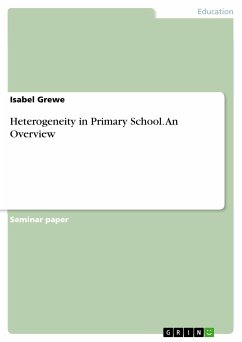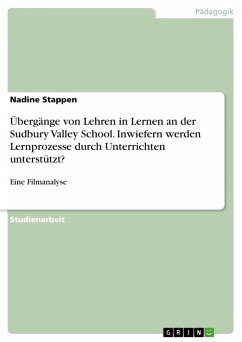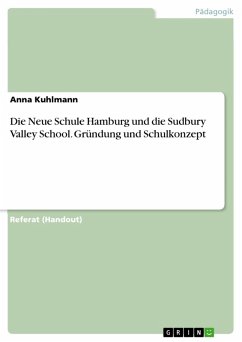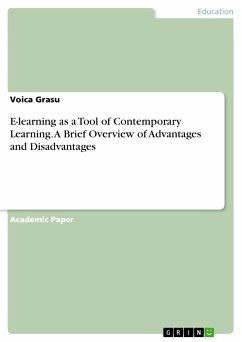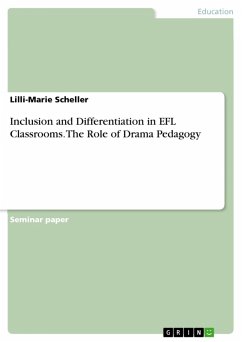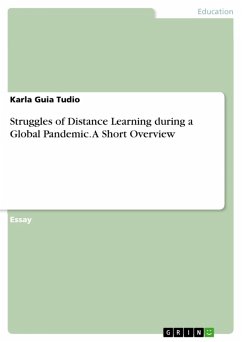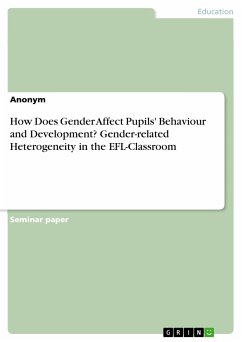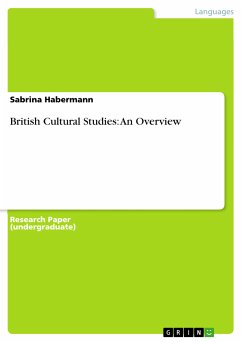Seminar paper from the year 2008 in the subject Pedagogy - School Pedagogics, grade: 1,0, University of Cologne, language: English, abstract: This paper deals with the topic of heterogeneity among primary school children. The quote from Günther Schorch shows the problems and the topicality of the subject: "The primary school is the type of school with the greatest heterogeneity and must cope with the special burden of a still unselected student body: From highly gifted to special needs pupils, from "high achievers" to slow learners, from socio-economically privileged to socially disadvantaged. This means that primary schools are already confronted with the perennial problem of how to deal with heterogeneity, which is difficult to solve." The idea that children form a homogeneous learning group with the same starting conditions when they enter school has long since disappeared. So primary schools are faced with the task of providing equal education to unequal children. But what exactly is meant by the terms heterogeneity and homogeneity? In order to provide an accurate overview, I will explain the terms heterogeneity and homogeneity as an introduction. This is followed by an explanation of the many different categories of heterogeneity that can be found among primary school children. In this section, I will focus on the three largest sub-areas: Intercultural Pedagogy, Integrative Pedagogy and Feminist Pedagogy. Another part of my work deals with the different ways of dealing with heterogeneity among primary school children. Finally, the question arises as to whether heterogeneity in the classroom presents itself to the children as an opportunity or an obstacle. I would like to comment on this personally and draw on opinions from the literature.
Dieser Download kann aus rechtlichen Gründen nur mit Rechnungsadresse in A, B, BG, CY, CZ, D, DK, EW, E, FIN, F, GR, HR, H, IRL, I, LT, L, LR, M, NL, PL, P, R, S, SLO, SK ausgeliefert werden.

